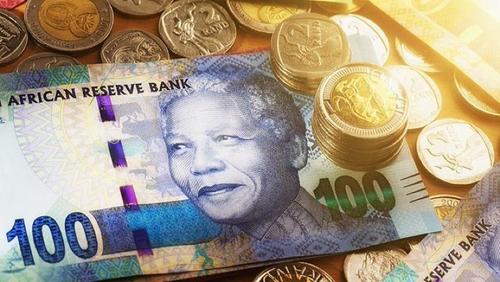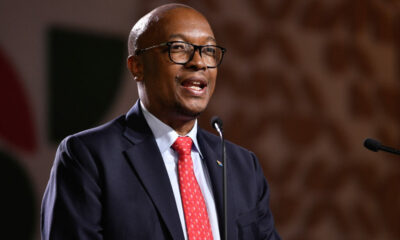411
Why South Africans Earning Over R30,000 Are Feeling the Financial Squeeze

For many South Africans, earning a monthly salary of over R30,000 once seemed like a ticket to financial comfort. But recent research tells a different story. The rising cost of living, combined with economic challenges both locally and globally, means that even those once considered financially secure are now struggling to keep up.
Eighty20’s latest Credit Stress report for early 2025 paints a worrying picture of growing financial strain across the board, especially among the country’s higher earners.
The Middle Class and High Earners: Under Pressure Like Never Before
Contrary to popular belief, debt stress is not just a problem for low-income households. Nearly 75% of overdue debt is held by South Africans in the upper-middle and affluent brackets — groups Eighty20 calls the Middle Class, Heavy Hitters, and Comfortable Retirees.
These groups are spending more of their income on debt repayments than ever before. The so-called Heavy Hitters, who earn between R30,000 and R120,000 monthly, are now using almost half of their take-home pay — 48% — just to keep up with debt payments. The middle class is not far behind, dedicating 37% of their income to servicing loans.
Even retirees are feeling the pinch, with 21% of their income going toward debt, and the mass credit market spending 19%.
Loans, Credit Cards, and Rising Debt: A Dangerous Mix
The report also revealed some alarming numbers. Home loan overdue balances jumped 21% year-on-year, while overdue credit card debts rose 18%. The total outstanding loans in South Africa now stand at R2.56 trillion, an increase of R127 billion from last year.
More people are using credit, with a 2% increase in credit-active consumers and a 4% rise in credit products. Much of this growth is in unsecured and retail loans, which make up the majority of new loans even though they represent less than half the total loan value.
Retail credit alone accounts for up to two-thirds of new loans every month, while unsecured loans make up about a third.
The Growing Burden of Debt
The picture becomes even clearer when looking at how much of their income South Africans now dedicate to debt repayments. The national average installment-to-income ratio climbed to 28%, meaning nearly a third of people’s earnings go straight toward paying off debts.
Among wealthier earners, this ratio is even more alarming. The Heavy Hitters group pays 48% of their income on debt instalments. This heavy load reflects a growing vulnerability among those who might otherwise seem financially stable.
What’s Driving This Financial Strain?
Rising living costs top the list. Alongside local economic pressures, external factors such as global market volatility, a weakened rand, and increasing petrol prices have all played their part. Petrol alone went up by 3.9% in the first quarter of 2025 due to global oil price hikes.
Economic forecasts haven’t helped either. Moody’s and the Bureau for Economic Research recently lowered South Africa’s GDP growth expectations for 2025 from 1.8% to 1.5%, signaling a slower economy and tighter budgets for many.
The Real Impact on South African Households
DebtBusters’ recent data underscores how everyday South Africans are turning to personal and payday loans just to stay afloat. Over the last decade, electricity costs have soared by 135%, petrol by 88%, and inflation by 52%. Yet, average nominal incomes are actually 1% lower than they were in 2016, effectively leaving people with significantly less purchasing power.
DebtBusters estimates that inflation’s impact feels like South Africans are taking home 53% less than in 2016 when adjusted for cost of living.
What This Means for You
If you’re earning more than R30,000 a month but feel like you’re still barely making ends meet, you’re not alone. The financial squeeze is tight, and it’s pulling in many who once thought themselves secure. The message is clear: it’s time to rethink how we manage debt and spending, especially as economic pressures mount.
Taking Control Before It’s Too Late
The rising tide of debt is not just a statistic; it’s a reality for millions of South Africans across income brackets. Whether you’re a Heavy Hitter or part of the middle class, understanding the risks and making smarter financial decisions today can save you from a difficult tomorrow.
If you’re feeling the pressure, reach out for financial advice, revisit your budget, and explore options to manage or reduce your debt. Don’t wait until the debt overwhelms you.
Take charge of your finances now and build a more secure future. Your wallet will thank you.
{Source: BusinessTech}
Follow Joburg ETC on Facebook, Twitter , TikTok and Instagram
For more News in Johannesburg, visit joburgetc.com



























